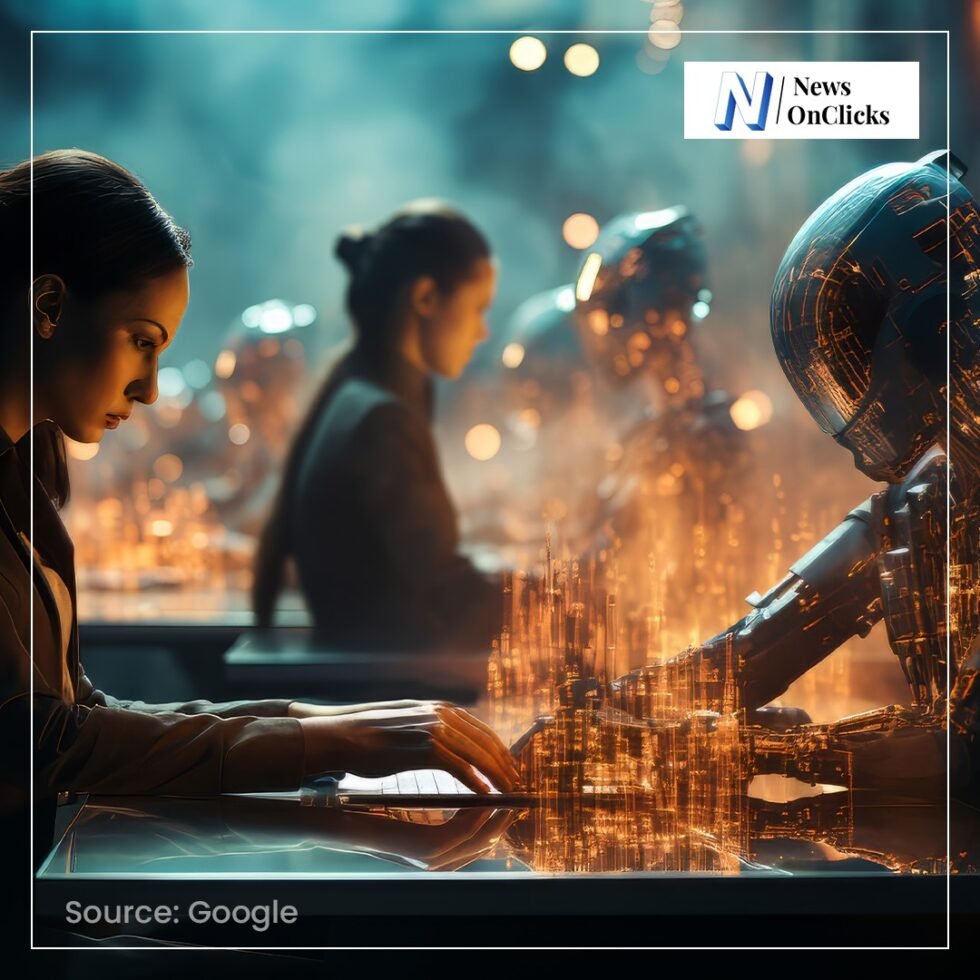
Artificial Intelligence is no longer a futuristic idea — it is a daily reality. AI-powered systems are transforming how we live, work, and interact with the world. By the time we reach 2026, AI will have moved from behind-the-scenes support to center stage in several global industries. This shift is not subtle. It is redefining job roles, reshaping service experiences, and rewriting traditional business models.
This article explores five major industries where AI is not just helping — it is replacing traditional workflows entirely. Whether you are a student, business owner, or employee, understanding these changes is essential to staying relevant in an AI-first world. Let’s discuss the major industries where AI will take over-
1. Healthcare: From Human-Led to AI-Driven Precision
Healthcare is undergoing one of the most profound technological shifts in modern history. AI is already diagnosing diseases, analyzing imaging scans, and assisting in robotic surgeries. By 2026, this industry will be defined by AI accuracy and speed.
Key Changes Ahead
- AI will handle early disease detection with greater accuracy than many human practitioners
- Patient triage systems will be run by machine learning algorithms, not nurses
- Administrative duties like billing and documentation will be fully automated
Global Impact
This shift will reduce wait times, increase access to care in remote regions, and lower human error in treatment plans. Hospitals will adopt AI-based systems as core decision-makers, not just assistants.
2. Finance: Algorithmic Precision over Human Intuition
The financial sector thrives on data and speed — two things AI handles better than humans. Trading floors, risk management, and customer banking are all becoming AI domains.
What to Expect by 2026
- Over 90 percent of trading will be managed by algorithms
- Robo-advisors will replace human wealth managers for retail investors
- AI tools will flag fraudulent transactions faster than manual teams
Real-World Impact
AI will minimize risks, optimize portfolios, and remove emotional bias from financial decisions. As a result, job roles in finance will shift toward oversight and ethical regulation rather than decision-making.
3. Retail and E-Commerce: Predictive and Personalized
From what you see online to how it gets delivered, AI is shaping the future of shopping. Personalized recommendations, dynamic pricing, and virtual try-on tools are just the beginning.
By 2026, Look For
- Shopping experiences built around your data, behavior, and even mood
- Automated warehouses and drone-based delivery systems
- AI-designed product lines tailored to regional preferences
Global Retail Shift
Retailers who embrace AI will lead. Those who resist will struggle to meet customer expectations. The focus is no longer on selling more but selling smarter.
4. Education: Adaptive Learning, No Longer One-Size-Fits-All
Education is evolving from rigid curriculums to flexible, AI-guided experiences. This change is global, inclusive, and deeply personalized.
Transformation Highlights
- AI tutors that adjust to individual learning speeds and styles
- Real-time performance tracking for students, accessible to teachers and parents
- Automated grading, feedback, and curriculum adjustments
The 2026 Classroom
Traditional classrooms will coexist with smart learning platforms. Teachers will become mentors, while AI handles assessments, scheduling, and content delivery. In many parts of the world, this shift will also close the education access gap.
5. Customer Service: Fast, Available, and Mostly Automated
AI is reshaping how businesses interact with their customers. The days of long hold times and repeated queries are ending.
Expect These Changes Soon
- AI chatbots will handle over 95 percent of initial customer queries
- Voice-based AI assistants will understand context and sentiment
- Multilingual support will become standard with language processing tools
Outcome for Users and Brands
Customer satisfaction will rise with faster, always-on service. Human agents will be reserved for only the most complex or sensitive cases, while AI systems handle routine and high-volume issues.
What This Means for Jobs and Businesses?
The industries AI is set to dominate are large, complex, and traditionally human-led. As automation increases, the nature of work will shift. Rather than fearing job losses, the focus should shift to skill adaptation.
For Professionals
- Learn to work with AI tools in your field
- Focus on human-centered skills like empathy, strategy, and creativity
- Be proactive about reskilling and upskilling
For Business Owners
- Embrace automation early to stay ahead
- Train your team to integrate AI into their workflow
- Focus on ethical AI usage and data security
The Next Step: Human-AI Collaboration
AI is not replacing humans entirely. It is replacing inefficiency. The human role in most industries will become more strategic and less operational. Emotional intelligence, critical thinking, and adaptability will become more valuable than ever.
The most successful professionals in 2026 will not compete with AI — they will collaborate with it. This mindset is already becoming a survival skill in every major sector.
Conclusion:
Artificial Intelligence will not slowly trickle into our industries. It will arrive with full force. Healthcare, finance, retail, education, and customer service are just the beginning. By 2026, the way we work, live, and learn will be fundamentally different.
Adaptability will be the most essential trait. Whether you are a startup founder, a student, a teacher, or an executive — now is the time to ask how AI can empower your work, not replace it.
The AI revolution is not coming. It is already here.









